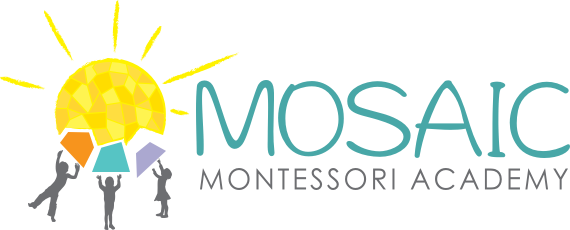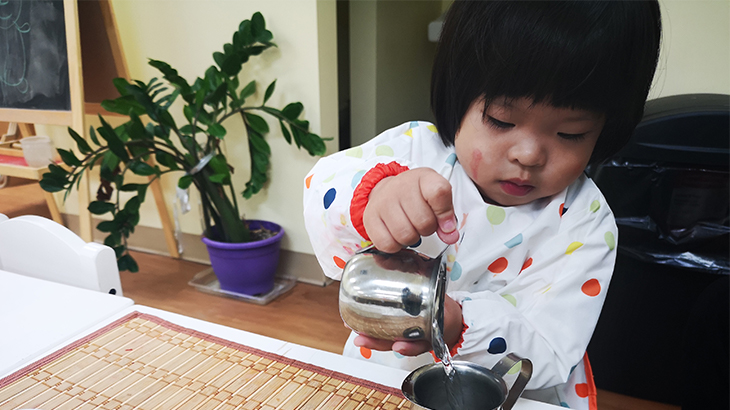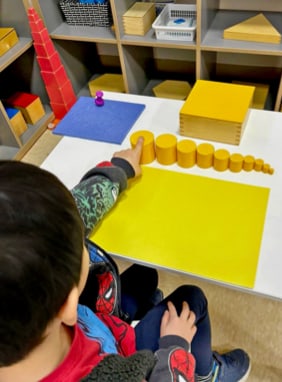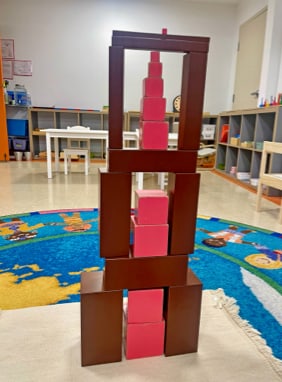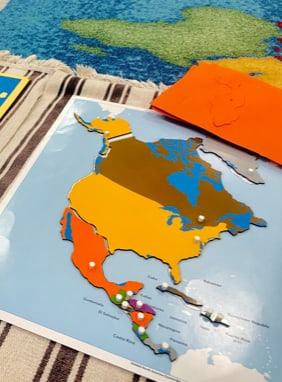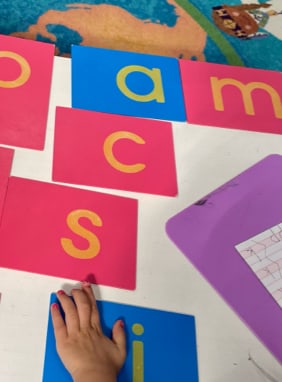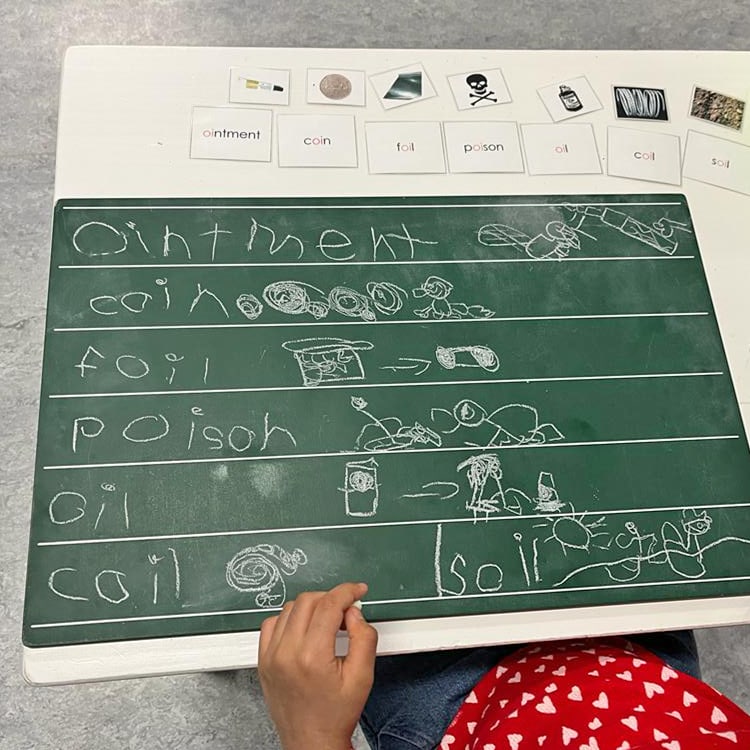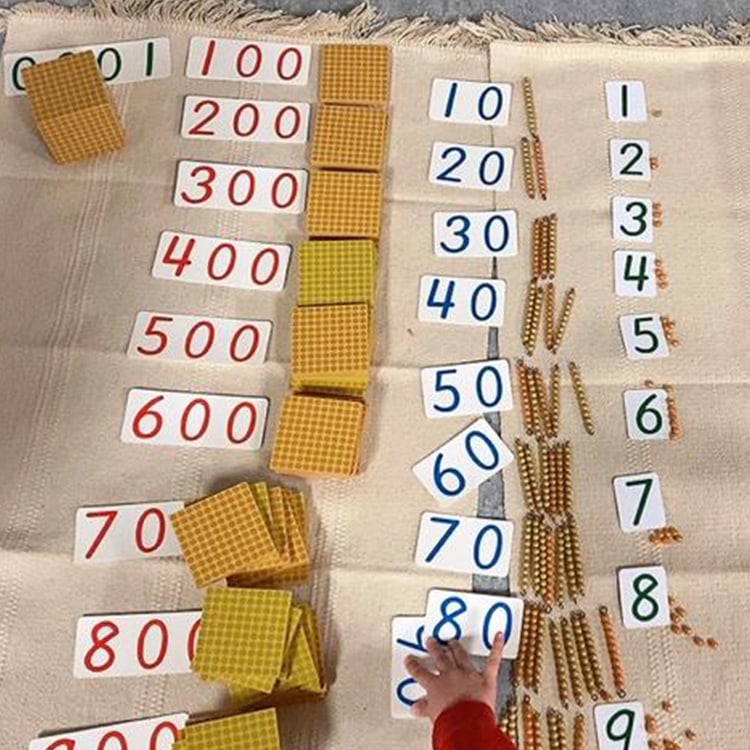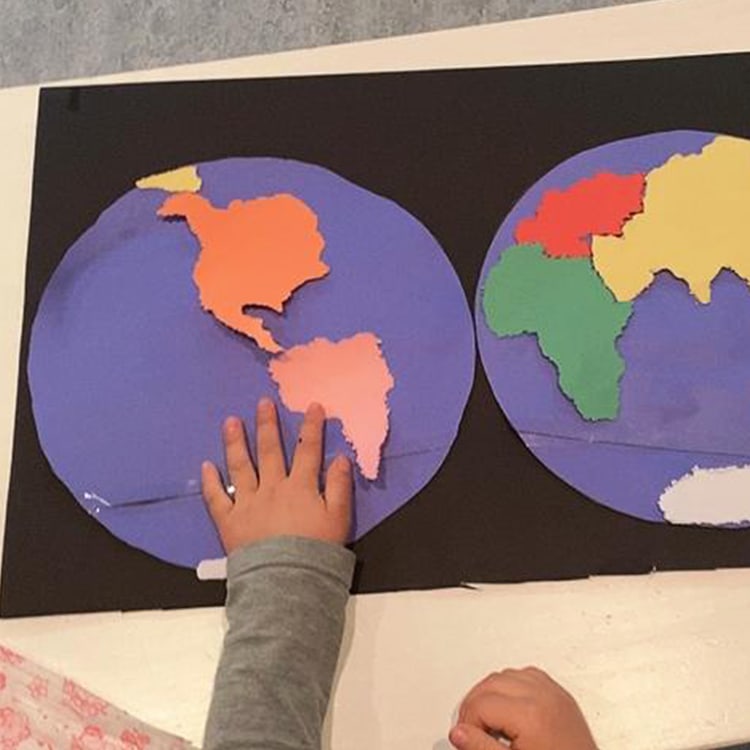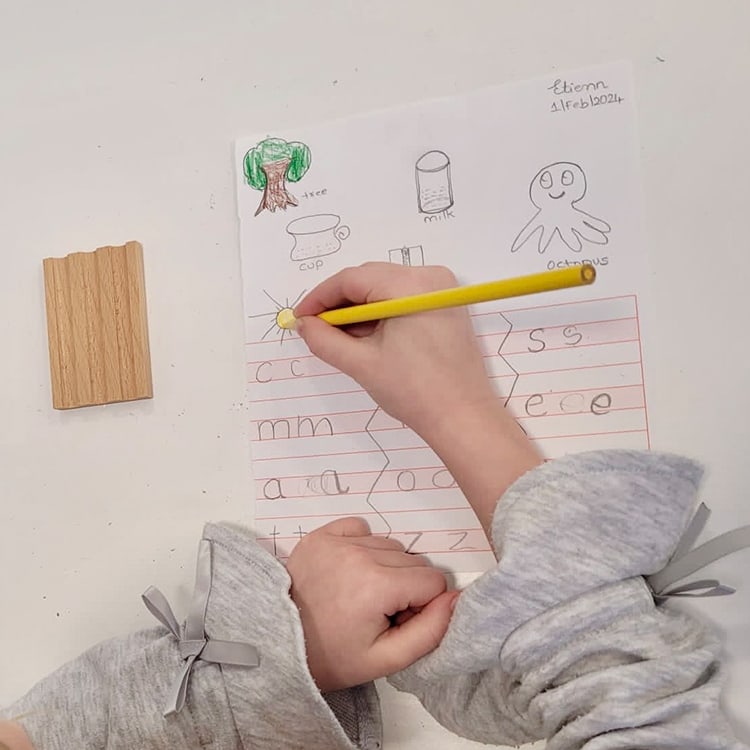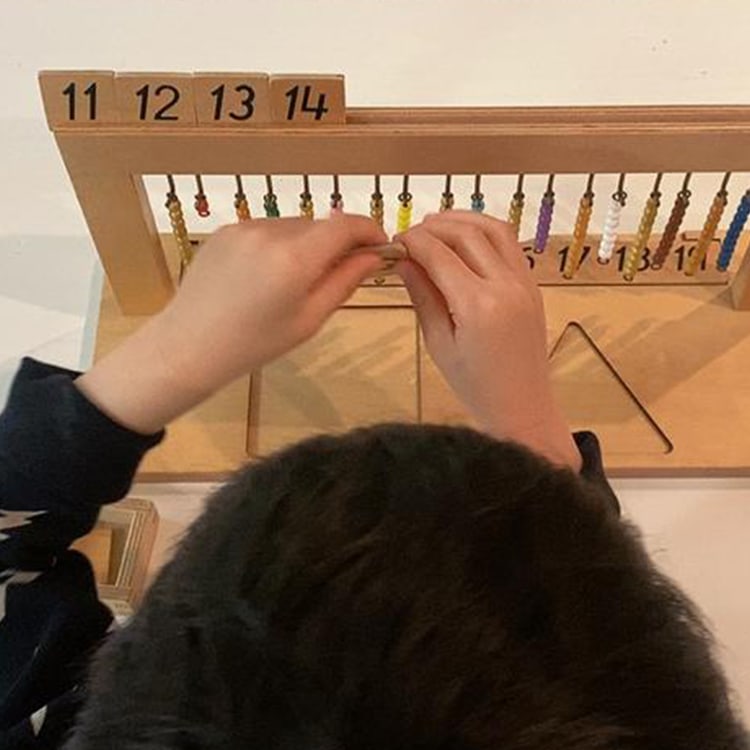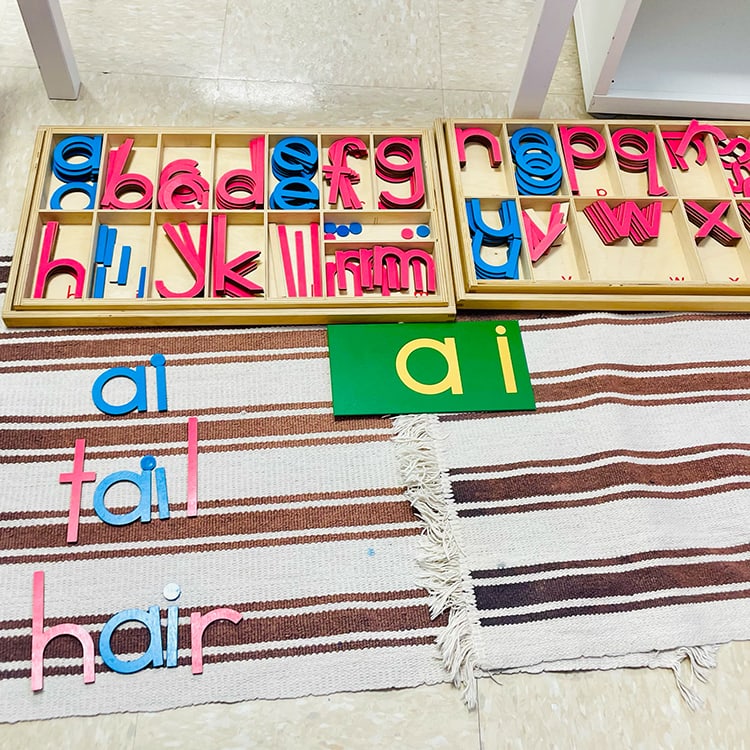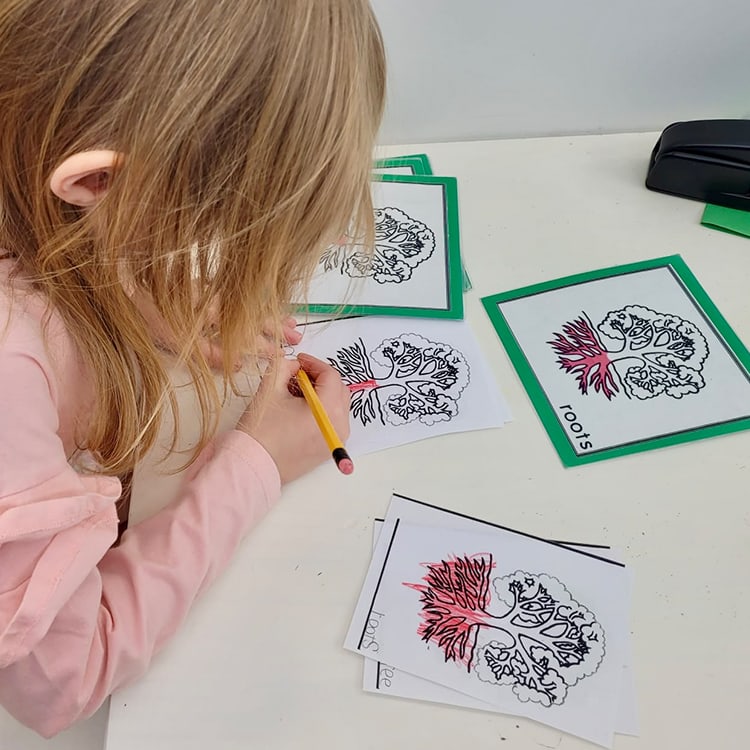Children are truly astonishing. Their minds are constantly growing and expanding, fuelled by their boundless curiosity and wonder. Though most parents believe that childhood education should begin at pre-school it really should begin much sooner, starting shortly after birth. What they often find even more surprising is the idea that education is much more than just ABC and 123.
The Montessori Method aims to provide your child with a wealth of knowledge and will teach them valuable learning skills that they will use for the rest of their life. The type of education your child receives will shape their entire life, so why wait until preschool or Kindergarten to decide what sort of education you want for your child?
The Montessori Method
Dr. Maria Montessori, the creator of the Montessori Method, understood that a young child’s mind was like a sponge. She referred to this idea as the Absorbent Mind. Children, especially infants, are able to effortlessly absorb information and feedback from their environments, and use the knowledge they gain to understand the world around them and bring out their spirit.
It is never too early to begin your child’s Montessori education. Your decision to educate your child using the Montessori Method, either by enrolling them in a Montessori infant program or implementing Montessori methods at home, will benefit your child’s overall development for the rest of their life.
Educating Your Child as a Whole
It is critical that you aim to use education to develop your child as a whole, but what exactly does that mean? First, let’s discuss what we mean by education. What is the purpose of education? Most parents would agree that the reason they educate their children is to ensure they have the skills and knowledge they need to thrive in our society.
It is because of this idea that many parents don’t see the point of educating a baby, and underestimate their infant’s capabilities. When infants are provided with the right environment, materials and support, they are able to develop an acute understanding of how the world works while nurturing their confidence and independence.
Learning at Their Own Pace
The Montessori approach towards educating children encompasses their physical, social, emotional, and cognitive growth. Our method recognizes that not all children learn and develop at the same pace, and need to be respected and treated as individuals.
To do this, we employ the idea of “Following the Child”, during which we allow and encourage children to express themselves and follow their own interests and curiosities. By letting your child take the lead you can help support them as they grow as a while. The earlier your child receives this support, the bigger the difference it will make.
Incorporating the Montessori Method at Home
While you may choose to enroll your child in a Montessori program, there are also many ways you can incorporate the Montessori Method into your child’s life at home. We have included a few here:
Rescue Is Robbery
It is okay for your child to make mistakes. In fact, making mistakes is an essential part of the learning process. Parents often have the urge to do things for their child rather than allow them the time and space to practice and develop mastery.
If your child is trying to feed himself, you should let him. Yes, he will likely miss his mouth and spill food on his clothes and the floor, but if you give him enough time to practice he will eventually get the spoon into his mouth.
Let Them Touch Things
Infants, in particular, learn about their environment by using their senses: sight, smell, touch, taste and hearing. To help your child learn and grow give them things that they can explore using their senses, and provide them with objects that they can use to interact with their environment.
It’s Never To Early For Some Responsibilities
Children, even very young ones, develop a better sense of independence and confidence when they feel like they are contributing to the community using their practical life skills. To help them develop this confidence and independence give them small jobs that are important, such as watering the plants.
While your child waters the plants make sure to talk to them about how they are helping the plants grow and adding beauty to your home. Children love to feel like they are helping, and by encouraging them to do so, you help them learn to do more things for themselves.
Education for Life
Montessori education extends beyond the classroom, setting your child up for a lifetime of success. Infants and toddlers are more capable than we often give them credit for, and if we provide them with the right environment, their curiosity and ingenuity will surprise you.
